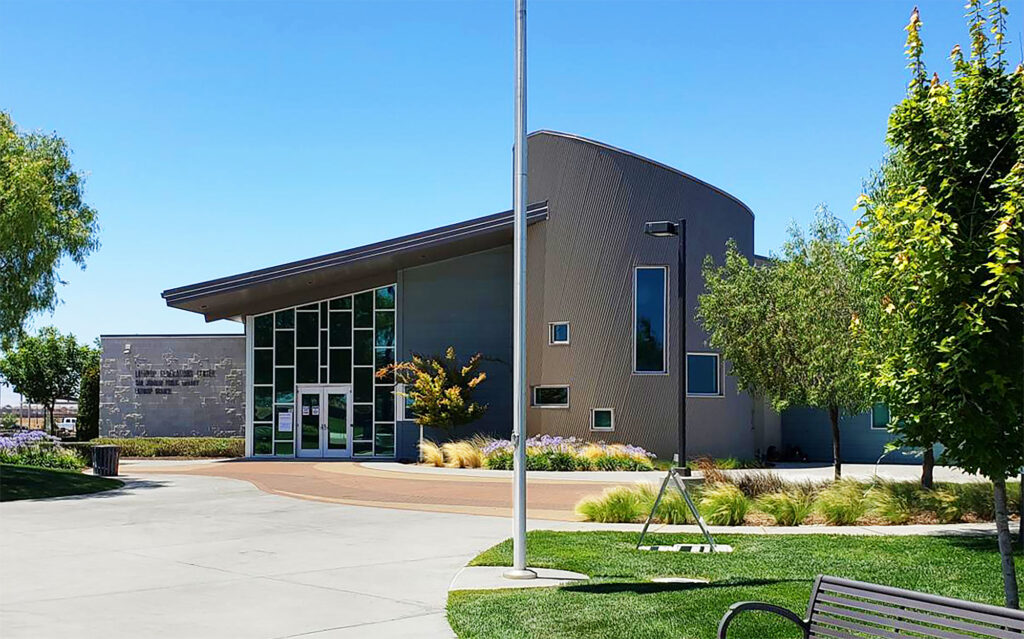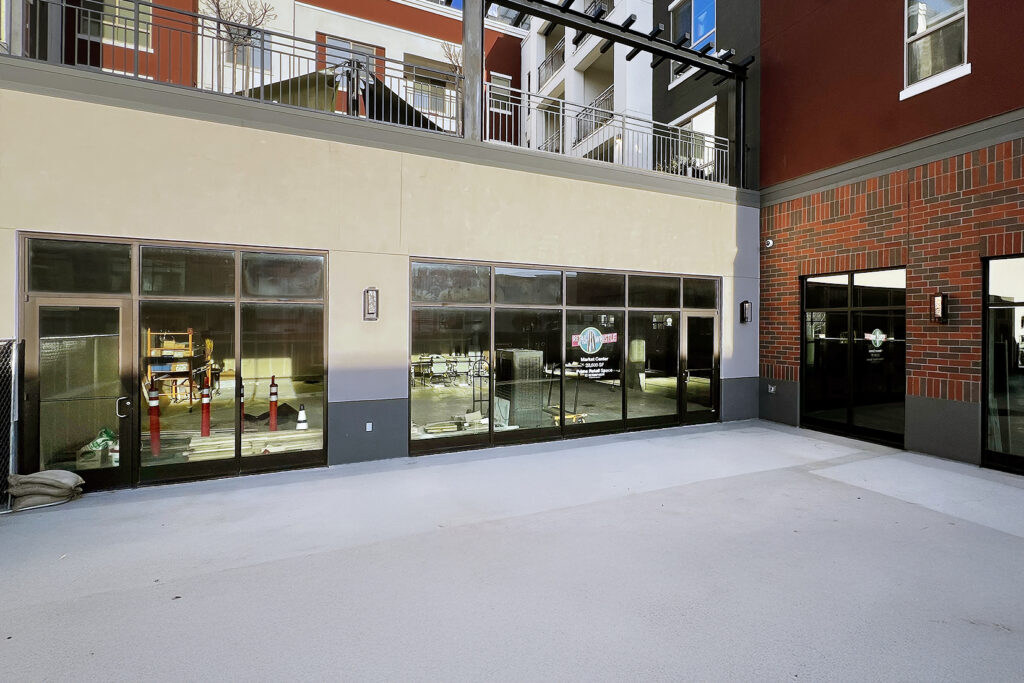California Legislature Fails to Adopt Conforming Legislation in 2019.
Friday the 13th of September was an unlucky day for Qualified Opportunity Zones in California. On that day, the California Legislature’s chance to pass “conformity” legislation, to align State income tax law with Federal law in the area of Qualified Opportunity Zones, officially came to an end for the 2019 Legislative session.
Map of California Opportunity Zones
OPPORTUNITY ZONE BACKGROUND
Most of the commercial real estate world is at least vaguely familiar with the concept of Qualified Opportunity Zones, or QOZ’s. Created by the Federal 2017 Tax Cuts and Jobs Act, QOZ’s are census tracts chosen as the beneficiaries of significant investor tax incentives in order to spur economic development in distressed American communities. Investors receive benefits by investing in QOZ funds that inject capital into QOZ businesses and QOZ property, which includes real estate located in a QOZ.
A total of 8,764 QOZ’s have been designated; a national map may be viewed here. Of these, 879 QOZ’s are located in the Golden State.
QOZ investors receive a deferral of capital gains as they do in a “1031 exchange”, however, the “like-kind” property requirement is eliminated, as is the “same taxpayer” requirement. The deferral will automatically end on December 31, 2026, but if the investment has been in place for 7 years by then, 15% of the investor’s deferred gain will be forgiven, or 10% will be forgiven if the investment has been in place for at least 5 years. Further, 100% of capital gains accumulated within the QOZ fund will be forgiven if the investment stays for at least 10 years. [1]
But as Federal law, these rules apply solely to Federal income taxes. State income taxes are left up to the States.
CALIFORNIA’S APPROACH
States follow, or “conform to”, the Federal Tax Code to varying degrees. Though there are differences in the details, most States have chosen to adopt the general QOZ concept. Despite the Governor’s interest in doing so, the California Legislature failed to pass a QOZ conformity law in 2019.
What about next year? As explained above, the full tax benefit of QOZ requires at least 7 years’ investment by the end of 2026, meaning there’s a 12/31/19 investment expiration date. Thus, by not passing anything for 2019, the Legislature let the best opportunity slip. On the other hand, given all the remaining benefits, it may very well come back into consideration in 2020. Perhaps, even, a 2020 law could be made retroactive.
However, if California does ever conform to Federal QOZ law, it is likely to be aimed at specific public policies. Legislation promoted by Governor Newsome would have required, in order for California to grant the QOZ benefits, (a) that the QOZ be located in California, and (b) that the QOZ fund meets specific standards intended to further public policy goals such as affordable housing and green energy.
California’s QOZ’s remain completely valid for Federal purposes in spite of California’s inaction. But without conforming Legislation on the books, none of those tax breaks will apply in California, where among the highest rates in the nation live, and where the capital gain is taxed at the same rates as ordinary income.
OTHER STATES
In evaluating the effect of State income taxes on an investment, it is helpful to keep in mind the basic — albeit simplified — approach of California and many (most?) other States that tax income: the income that is subject to taxation is (a) for residents, all income, and (b) for non-residents, income “sourced” in the State, such as gain on the sale of a building located in-State. Following deductions, credits, deferrals, and other adjustments, State tax rates are applied to this income.
According to a compilation by Novogradac, 46 States either have either adopted conforming legislation for personal income tax purposes or don’t tax personal capital gains, to begin with. It appears that most of the conforming States conform fully, not even conditioning qualification on investment in their own State’s QOZ’s. So for example, a resident of Oregon would be able to invest in an Arizona QOZ and receive the full QOZ benefits at the State level from both Arizona, the source-of-income State, and Oregon, their State of residence.
So California’s QOZ’s will be less attractive to QOZ investors in any of the 46 conforming States than other QOZ options that are available to them. California will tax the QOZ fund’s income at its source, California, no matter where the investors live. For California taxpayers, the FTB will tax income invested in QOZ’s without any of the benefits, regardless of whether the QOZ is located inside or outside of the Golden State. The best a California investor can expect is a credit to avoid double taxation at the State level.
CONCLUSION
With most of the other 7,885 QOZ’s in America offering the benefits of QOZ’s at the State level (if they even tax capital gains to begin with), and given California’s tax rates, QOZ investors – all else being equal – will stay out of California. Billions of dollars are being assembled and invested in QOZ funds, and by its inaction, the California Legislature has made QOZ’s a less attractive option for its residents and made the 879 QOZ’s within its boundaries less attractive to non-residents.
For a savvy California-resident investor, given that (a) there’s no getting around the State’s failure to recognize QOZ tax benefits, (b) there should be less demand for California QOZ’s from out-of-state investors, and (c) the substantial Federal tax benefits still apply, investment in California QOZ’s may actually be a smart play right now. And if the State ends up adopting conformity legislation in 2020 as it could, there could be a windfall of sorts at the other end. But even if it does, the fact that there will probably be some sort of public policy strings attached that are currently impossible to predict makes that an extremely speculative proposition.
We can answer any other questions you may have regarding Qualified Opportunity Zones.
1. A pair of good starting points for understanding QOZ’s is the recently-updated IRS FAQ webpage and a June 2019 Overview prepared by the Staff of the Congressional Joint Committee on Taxation.




